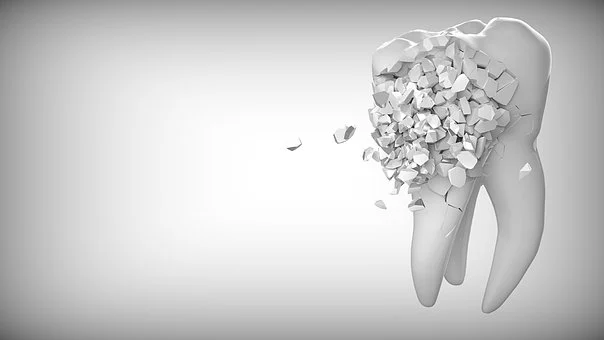As a superior species on this planet, we have travelled long through the odds of time. Today our race is approaching the summit of scientific advancements with integration of technology. With this rapid growth we now floating in an ocean of information. Almost every area of our lives—community, arts, health, business, science—is filled with information influenced and enhanced by informatics.
What Is informatics?
According to Friedman, definition of “fundamental theorem” of informatics states that informatics is more about using technology to help people do cognitive tasks better than about building systems to mimic or replace human expertise.
In one sentence, it is the future—a bridge to all things useful. Informatics helps to transform data and information into knowledge that people use every day. This is achieved through the power of digital technology.

In the 1960s, “informatics” emerged as a distinct concept. For the first time, Aleksei Mikhailov of the Moscow State University gave the term as the discipline that “studies the structure and general properties of scientific information including laws of all the processes of scientific communication”
It’s possible to cook food with the proper appliances and a recipe, but it takes a chef to transform ingredients into an unforgettable meal. Perhaps, informatics is the human part of the IT equation, making technology relatable, accessible, and enjoyable to use.
What is Dental Informatics?
Dental informatics involves the use of computers and information technology to develop number of applications and tools that could help dental clinical practice. It is an emerging sub-discipline of biomedical informatics.
Dental informatics aims to solve problems in dental practice, education, training and research. It involves the following key steps:

Primary areas in dental informatics can be listed as follows:
- Computer science
- Information science
- Cognitive science
- Telecommunications
- Psychology
- Anthropology
- Social sciences
- Engineering
- Mathematics
- Languages
Common Examples
Examples of Dental Informatics are Electronic Health Records, Curriculum management tool (CMT), Patient Record and Communication, etc.
Are you aware of more examples? Please share in comments
Why Should We Look Into Dental Informatics?
Dental informatics paves the way for building up database for evidence-based dentistry. This approach will help to improve oral health care by judicious integration of systematic assessments for clinically relevant evidence. At the same time specific clinical intervention can be planned and greatest possible health gain can be achieved within available resources.
Existing Challenges
While interest in the discipline is growing, the number of core contributors to dental informatics research remains relatively small. Researchers in the nascent field of dental informatics are individuals who had been trained in dentistry and other disciplines, such as engineering, or dentists who have partnered with other professionals, such as computer scientists.

Few more challenges are:
- Lack of literature of dental informatics
- Lack of awareness in this aspect of academia
- Non inclusion in dental research community
- Non-availability of structured courses (Note: Very few courses are available)
What Can We Hope To Do?
The promotion and awareness of interdisciplinary and collaborative mode of scientific research through community building, interdepartmental cross-talks, internship programs, and proper Information and Communication Technology (ICT) education, training and support systems should be developed and incorporated in dental fraternity.
“Research” is the key foundation of new developments. It also helps comparing the present and the future. Well-developed communication and proper records can go quite a long way in promoting better research by engaging in retrospective studies, which could entail a wider and more comprehensive vision.
With similar thoughts , a dedicated module on Oral Healthcare Research Career Pathway Blueprint is designed exclusively inside Fellowship in Dental Genetics and Clinical Diagnostics. This module will enrich you with an overview and a step-by-step guidance to decide and pursue fascinating career prospects in existing and newer dimensions of dentistry (e.g dental informatics).
The seats are Limited. Enroll yourself Now!




